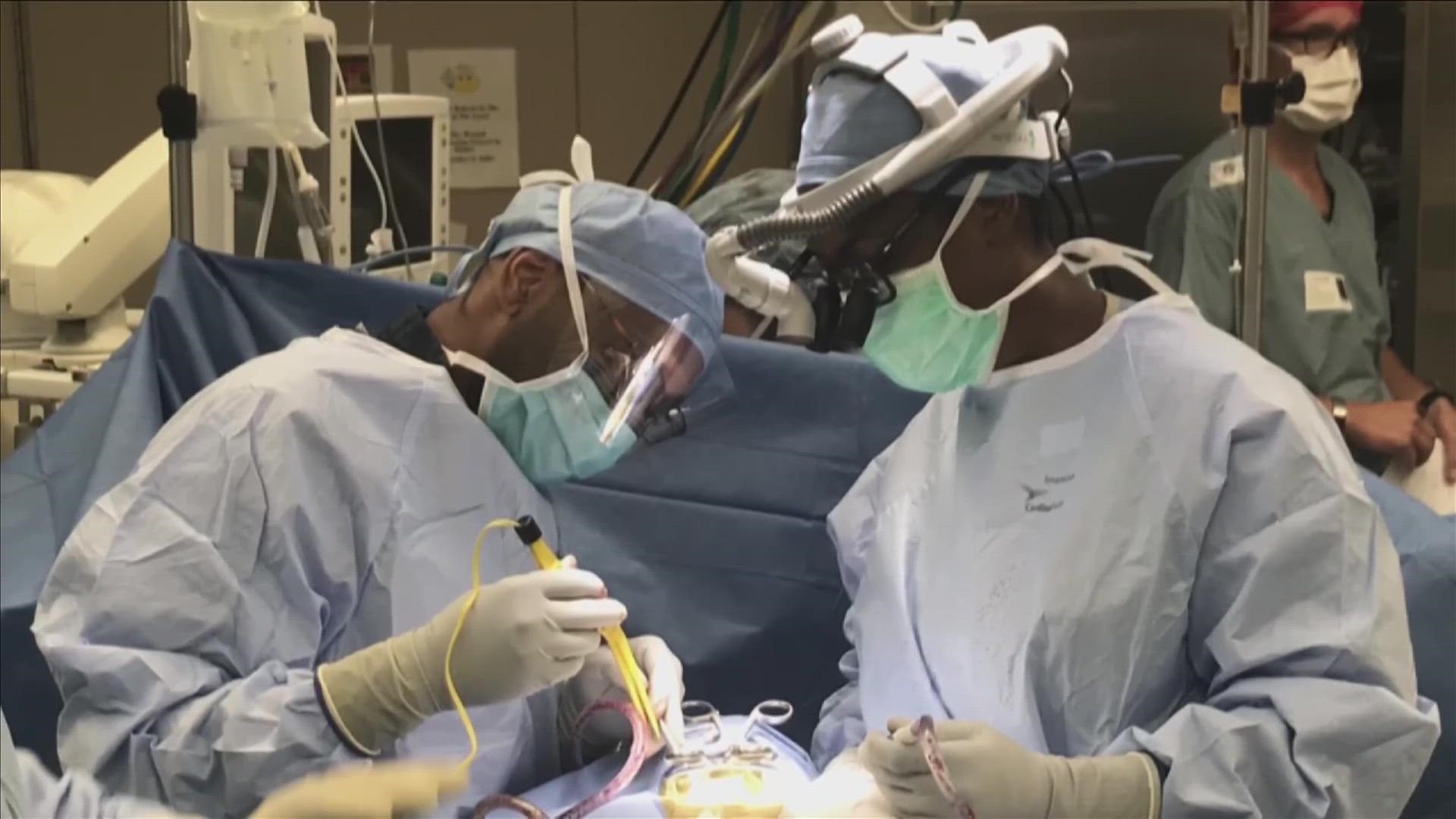MEMPHIS, Tenn. — From technology to science to politics, this month we are highlighting and reflecting on the trailblazing women who fought for change and those who continue to have an impact on current and future societal accomplishments.
Less than 2% of neurosurgeons in the United States are Black, and even less are Black women. We sat down with three Black female neurosurgeons who went from seeing little representation in the field to being the representation in their field.
Impossible just means “I’m possible.” Dr. Sonia Eden is a neurosurgeon at Semmes Murphey Clinic. “I certainly couldn’t imagine doing anything else. I love what I do every day,” said Dr. Eden.
Every day, Dr. Eden makes an impact both inside and outside medicine. “There are 3,500, approximately, board certified neurosurgeons in the country. Of those, approximately 2% are African American or Black neurosurgeons,” said Dr. Eden.
Roughly 30 of neurosurgeons in the US are Black women. “I feel proud that I’m one of those few. Then, it’s also really sad. It shouldn’t be that way. This is 2023,” said Dr. Lynn Mubita, a Neurosurgeon at Semmes Murphey Clinic.
“I was or am the first Black female neurosurgeon to practice in the state of Mississippi. Some of my first patients, they cried and hugged me because they never seen anyone look like me,” said Dr. Menarvia Gaddis, a third Neurosurgeon at Semmes Murphey Clinic.
Dr. Gaddis said her biggest challenges came with representation. “Finding someone who looks like me and understanding where I was coming from was one of the main challenges,” said Dr. Gaddis. “I had a number of people tell me maybe you shouldn’t do this. Maybe you should try another field.”
It is a feeling they fought within themselves. “Telling myself that I belong because I do belong. I worked hard just like anybody else,” said Dr. Mubita. “Belonging to me means that there should be no barriers.”
That is why they are knocking barriers down. “Finally, I’m here. Sometimes I catch myself like I’m a whole neurosurgeon. That’s just insane to me,” said Dr. Mubita.
“The more representative physicians are or the healthcare workforce is of the patients that we treat, the better the outcomes are,” said Dr. Eden.
It doesn’t just help patients. It also improves the medical field overall. “The most rewarding thing for me being a neurosurgeon is mentoring younger kids that look like me that look up to me and see that this is something they can do. It brings tears to my eyes,” said Dr. Gaddis. She has tears of passion with hopes of bringing change.
“The three of us are going to do what we can to make a difference to bring people, more people into neurosurgery, more Black women physicians,” said Dr. Mubita.
Dr. Eden is one of the founders of the American Society of Black Neurosurgeons helping to recruit, support and retain more Black neuro physicians.

